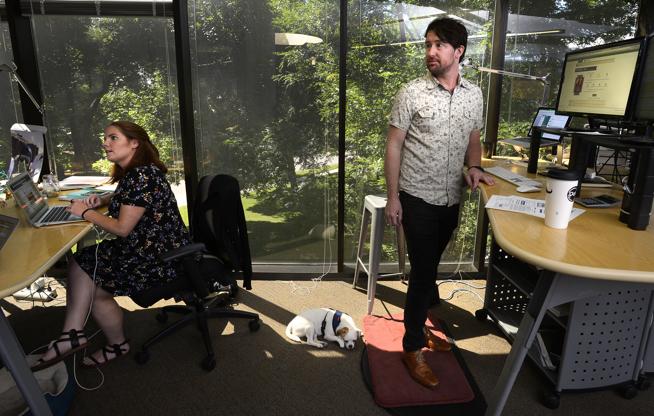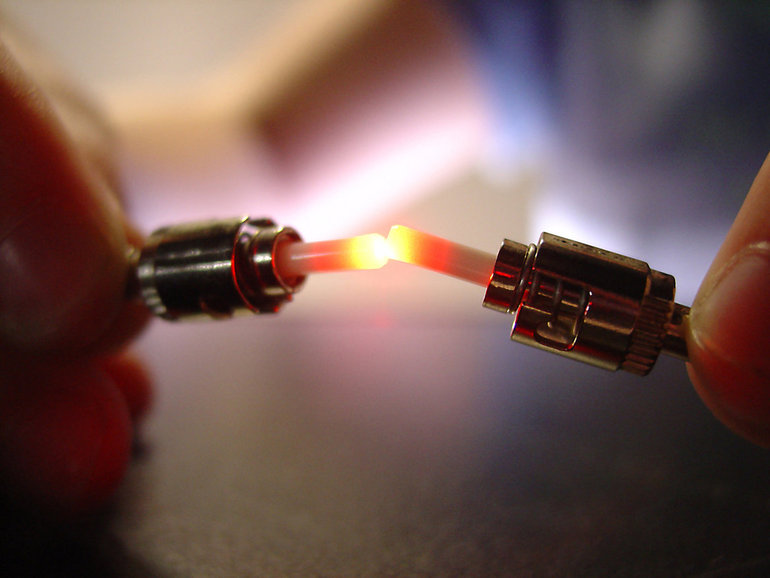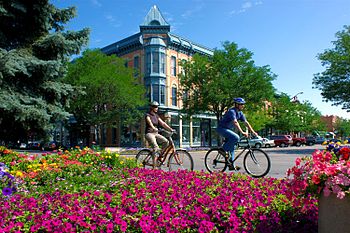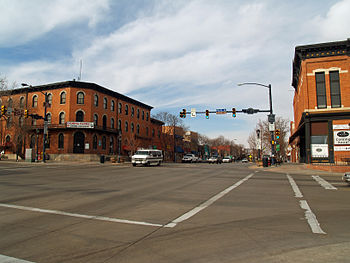by Joshua Lindenstein on
BOULDER — The city of Boulder has so far been passed over for coveted Google Fiber broadband Internet service as the company has set up shop in cities such as Kansas City; Austin, Texas; and Provo, Utah. But it appears the company might be targeting the city for some form of next-generation wireless broadband network.
According to a recent filing with the Federal Communications Commission, Boulder is one of 24 cities where Google Inc. is seeking to test wireless broadband technology in the 3.5 GHz band. Continue reading








